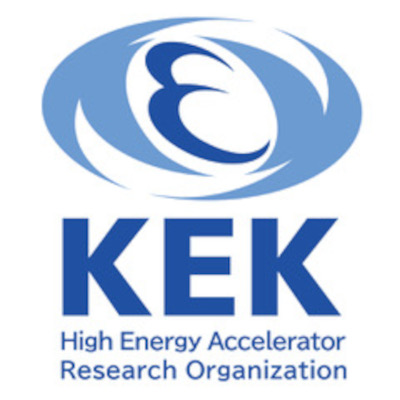KEK, the High-Energy Accelerator Research Organization, is one of the world’s leading accelerator science research laboratories, using high-energy particle beams and synchrotron radiation sources to probe the fundamental properties of matter . Thanks to a state-of-the-art infrastructure, KEK advances our understanding of the universe around us, its mechanisms and their control.
KEK’s mission is:
- to make discoveries that answer the most important questions in a wide range of fields, including particle physics, nuclear physics, materials science and life sciences. The people of KEK strive to make the most effective use of funds entrusted by Japanese citizens for the benefit of all, adding to knowledge and improving technology that protects the environment and serves the economy, academia and public health;
- to act as an inter-university research institute society, a center of excellence that promotes academic research by meeting the needs of researchers in universities in the country and cooperating extensively with researchers abroad;
- promote national and international collaborative research activities by providing advanced research facilities and opportunities. KEK is committed to being at the forefront of accelerator science in Asia-Oceania and to cooperating closely with other institutions, especially with Asian laboratories.
Established in 1997 as part of a reorganization of the University of Tokyo’s Institute for Nuclear Studies (established in 1955), the National High-Energy Physics Laboratory (established in 1971), and the Meson Science Laboratory from the University of Tokyo (established in 1988), KEK serves as a center of excellence for domestic and foreign researchers, offering a wide variety of research opportunities. In addition to the activities at the Tsukuba campus, KEK now jointly operates a high-intensity proton accelerator (J-PARC) in the village of Tokai with the Japan Atomic Energy Agency (JAEA). More than 600 scientists, engineers, students and employees carry out research activities at the Tsukuba and Tokai campuses. KEK attracts nearly 100,000 national and international researchers each year (total man-days), and provides excellent research facilities and opportunities for many students and post-doctoral fellows each year.
–
–


